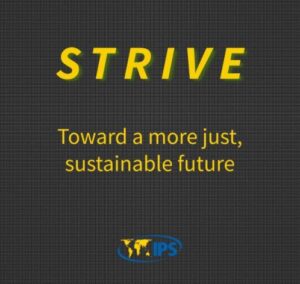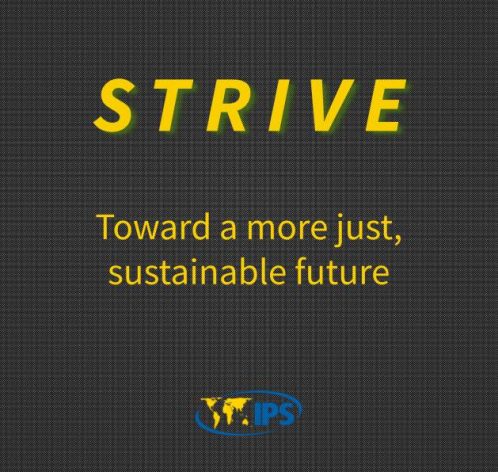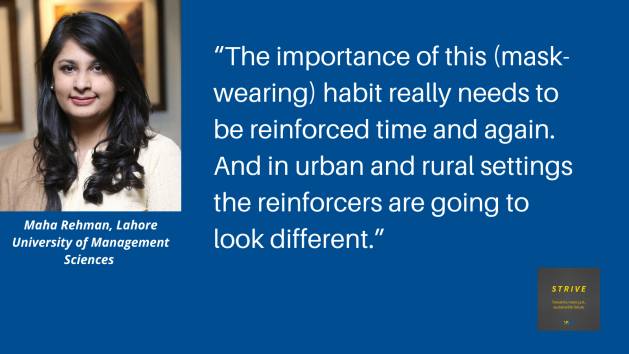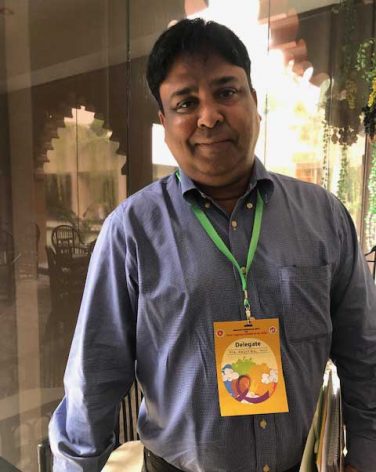
Civil Society, Headlines, Health, Multimedia, Podcast

Civil society leading Covid-19 mask campaign in South Asia
– Footage of flames engulfing bodies at makeshift funeral pyres and stories of people dying in cars as drivers desperately raced from hospital to hospital seeking a bed. These scenes marked the second wave of the Covid-19 pandemic in India just months ago.
Nepal was similarly walloped: staff turned away people at intensive care units and patients attached to oxygen cylinders were being treated in parking lots. Other South Asian countries were less affected but overall Covid-19 has officially killed 450,000 people in the region since 2020.
With vaccines expected to arrive painfully slowly in coming months—India for example has fully vaccinated just 6% of its population, Nepal 4% and Pakistan 2%—mask wearing needs to be the priority, says the guest on today’s episode of Strive.
Maha Rehman is Policy Director at the Mahbub ul Haq Research Centre at Lahore University of Management Sciences, in Pakistan. She is also a leader of the NORM mask-wearing intervention taking place in four countries in the region, and beyond. She describes NORM’s early success in Bangladesh and how finding a way to embed the programme in local communities in each of these very different countries will be key.
If you enjoyed this first episode of Strive, please help spread the word by rating or reviewing the show on Apple podcasts. You can also subscribe, follow or favourite Strive on any podcast app.
Stay up-to-date with us between episodes on Twitter and Facebook. If you have something to say to me directly email me at mlogan@ipsnews.net.
Resources



